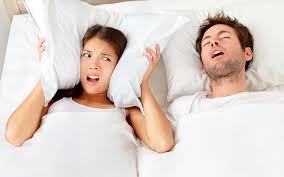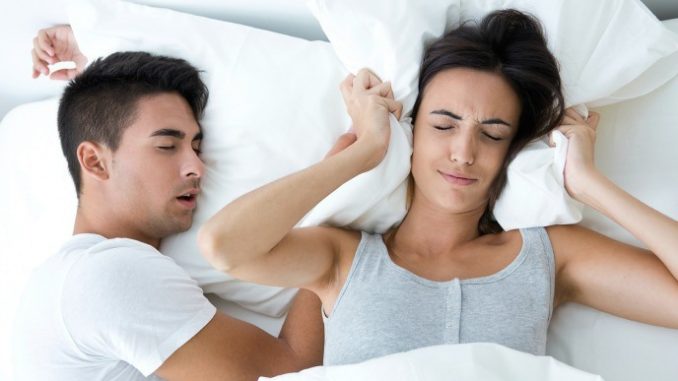
What You Can Do About Sleep Apnea
Posted by Editor on Oct 11th, 2018 in Health | 0 commentsSleep apnea can cause shallow breaths or breathing pauses while sleeping. These pauses can last for minutes and will result to disruptions and poor sleeping habits overall. The condition is a chronic illness and sometimes goes undetected until the person suffers from medical complications.
What should you do about sleep apnea?

Detection and Diagnosis of Sleep Apnea
There is no test to determine if a person has sleep apnea, because the symptoms are not apparent during waking hours and only sleeping companions will notice the signs, if he/she knows what to look for. The first sign is usually the loud snoring, which can be dismissed as fatigue or habit, so the person who might be suffering from the disorder, as well as members of the family, will have to look for the following signs:
• Chronic loud snoring (which means that the person snores almost every night)
• Pauses in breathing while asleep
• Snorting, choking and gasping sounds while asleep
• Insomnia, disruptions in sleep, and feeling that you’re out of breath
• Fatigue, forgetfulness, irritability or depression, headaches, and sleepiness during waking hours
• Having sore throat or dry mouth when you wake up

However, not everyone who snores has sleep apnea. So how do you tell the difference? Snoring should not lessen the quality of sleep, but if you feel tired during waking hours no matter how much sleep you’re getting, it could be sleep apnea. If you suspect that you have the condition, you should seek medical help immediately to avoid complications such as hypertension, heart attack, diabetes, obesity, heart failure, and increased likelihood of accidents.
Causes and Treatments
You are prone to having sleep apnea if you are overweight, hypertensive, a smoker, and if your neck circumference is greater than 40 cm. Your family’s history of sleep apnea and allergies (such as nasal congestion) can also contribute, and even the structure of your chin, septum, and tonsils.

There are three types of sleep apnea, but the most common is obstructive sleep apnea which is the blockage of the airway due to the relaxing soft tissue at the back of the throat. Central sleep apnea on the other hand, is triggered by the faulty brain signals that control the muscles, while complex sleep apnea is a combination of the two. Be warned that people with central sleep apnea do not usually snore, unlike those with obstructive sleep apnea.
The doctor will recommend that you lose weight, stop smoking, limit your alcohol intake, limit the use of sedatives and sleeping pills, avoid caffeine and heavy meals 2 hours before bedtime, and to keep to your sleeping hours. To lose weight and get rid of extra tissue at the back of the throat, you need to exercise regularly so that the muscles in your airways open up and become stronger.
Your sleeping habits also need to change by propping your head up 4 to 6 inches with a special pillow, to sleep on your side, or to use a nasal dilator to open nasal passages.
